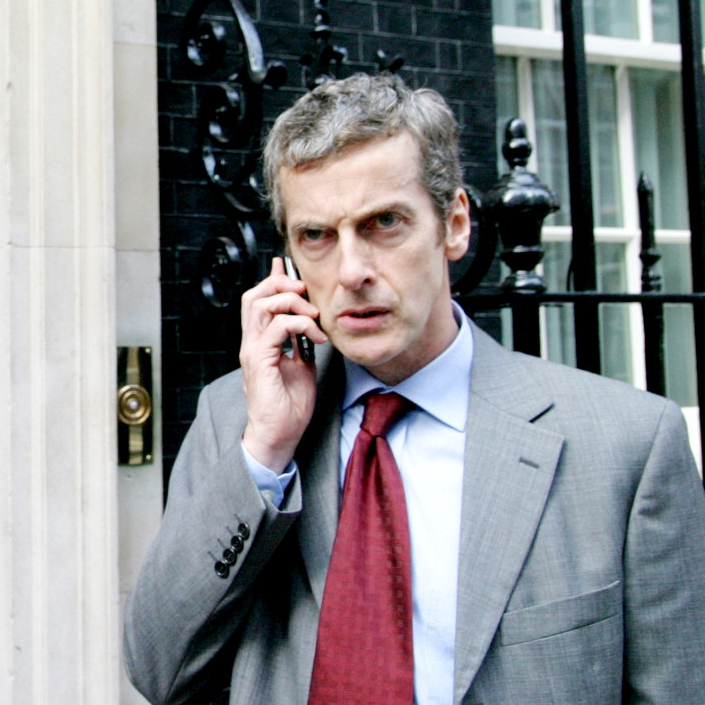Twenty years ago this month we were plunged straight into the middle of an omnishambles. It was a moment in time when petrified politicians lurched from crisis to crisis, scrambling desperately to control the narrative as their endless gaffes derailed even the vaguest attempts to change this country for the better. But am I talking about the tail-end of the Blair years or the televisual tour-de-force that was Armando Iannucci’s The Thick of It?
It could be either. It could even be right now – such was the show’s prescient genius. This was a satire that didn’t just mimic the government’s calamities but seemed somehow to foresee them. Over its seven-year run, The Thick of It came up with farcical policies that the government went on to adopt (pet asbos, anyone?), coined new words in the dictionary (the aforementioned omnishambles) and, in Malcolm Tucker, created one of the great malevolent forces of British comedy. Here’s how they did it …

